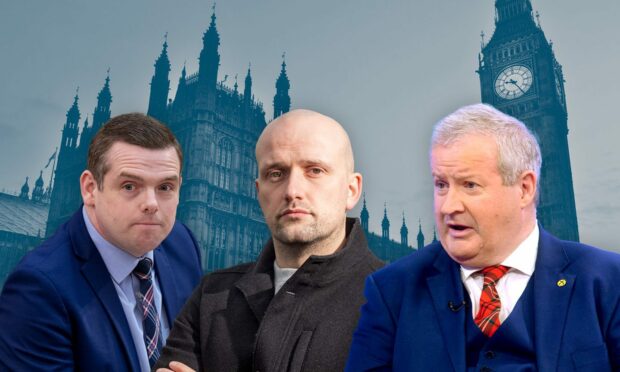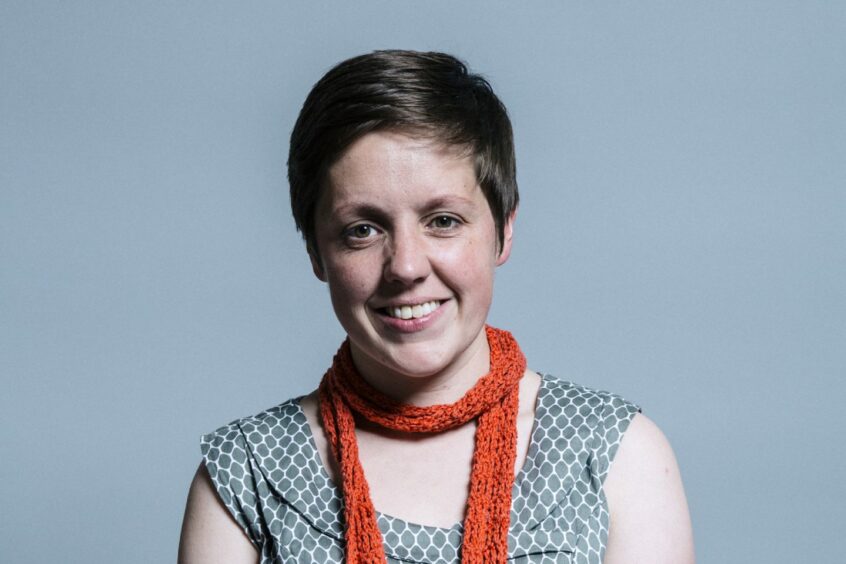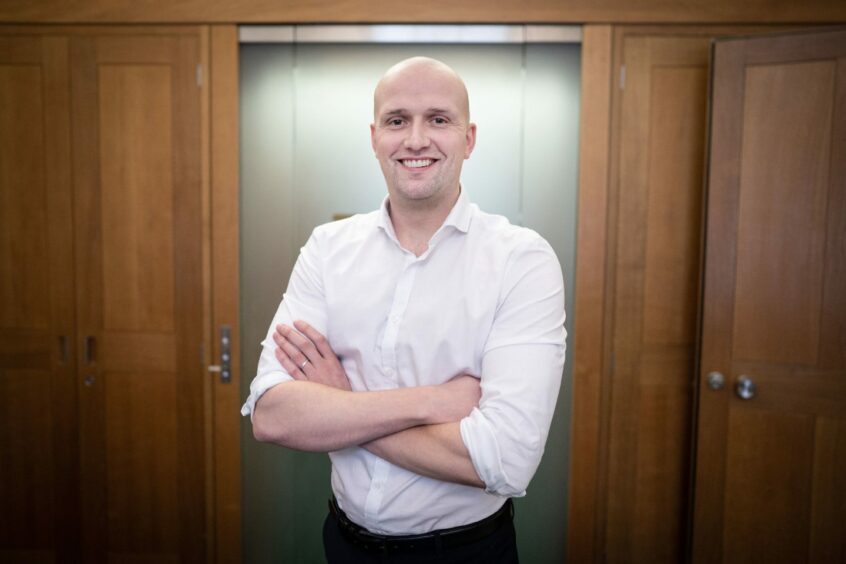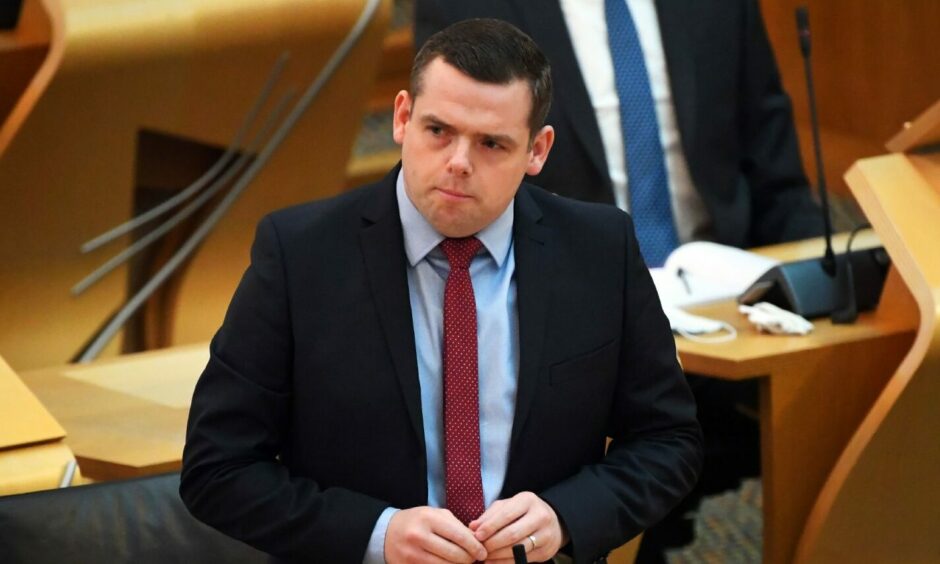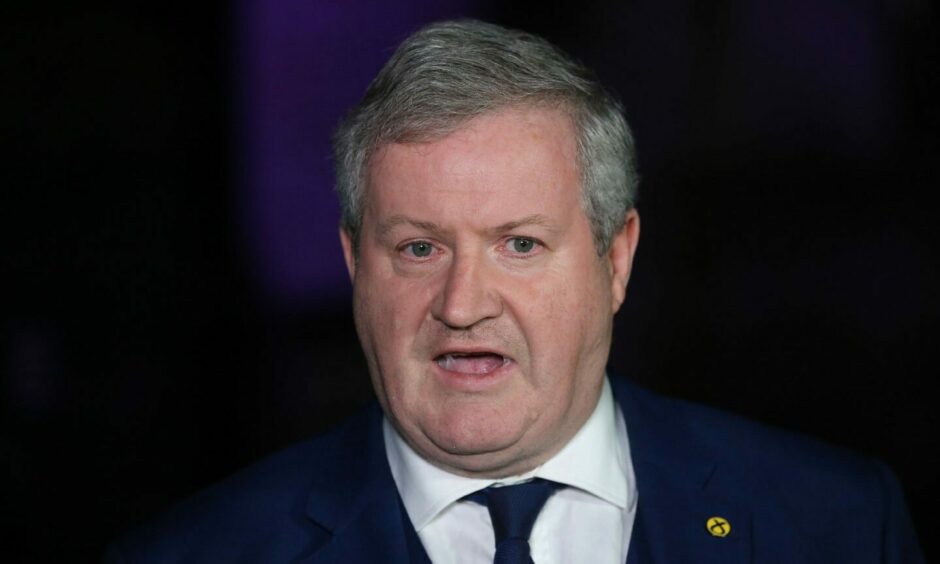Outgoing SNP MP Mhairi Black’s record in Westminster is under the microscope after she announced she was standing down.
Ms Black – who says the “toxic culture” at Westminster is behind her decision – has made the fewest spoken contributions of the SNP’s 2015 intake of MPs who remain in parliament.
The Paisley MP has contributed to 52 debates since 2019, compared to group leader Stephen Flynn who has taken part in 229.
But how do MPs across the north and north-east fare when it comes to their record in Westminster?
The Press and Journal’s Alasdair Clark breaks down the numbers.
Average number of debates attended by north and north-east MPs: 196
Average participation rate in votes: 67%
Aberdeen North – Kirsty Blackman (SNP)
First elected to parliament in May 2015, SNP MP Kirsty Blackman represents Aberdeen North and is also the party’s shadow cabinet office spokeswoman.
Since 2019 Ms Blackman – who will ask voters to back her again at the next election -has participated in 66% of votes in the House of Commons. This is just below the average of 67% for MPs across the north.
She has also contributed to 152 debates.
Aberdeen South – Stephen Flynn (SNP)
SNP Westminster group leader Stephen Flynn was first elected to parliament in 2019, and he has quickly become one of the party’s most visible MPs.
Mr Flynn has spoken in 229 debates – well above the average of 196 among north and north-east parliamentarians.
He has participated in 65% of votes in the Commons.
As group leader, Mr Flynn also gets the chance to quiz Rishi Sunak each week at Prime Minister’s Questions. His role as leader also means he doesn’t take part in some ways.
Banff and Buchan – David Duguid (Scottish Conservative)
Conservative MP David Duguid was elected to parliament in 2017 after beating the SNP incumbent.
Since 2019 he has taken part in 128 debates. He has also taken part in 86% of votes – one of the highest participation rates among all MPs.
He is also a member of the Scottish Affairs Committee.
Caithness, Sutherland and Easter Ross – Jamie Stone (Liberal Democrat)
Elected in 2017, Caithness, Sutherland and Easter Ross MP Jamie Stone is a member of two parliamentary committees.
Since 2019 he has contributed to 287 debates and taken part in 70.6% of votes.
Moray – Douglas Ross (Scottish Conservatives)
Scottish Conservative leader Douglas Ross was elected by his Moray constituents in 2017. He is also the area’s MSP at Holyrood.
Mr Ross has taken part in 108 debates and 54.5% of votes – more than 10% lower than the average among north and north-east MPs.
The MP has announced his intention to stand down from Westminster at the next election.
Na h-Eileanan an Iar – Angus MacNeil (Independent)
First elected in 2005, Angus MacNeil was one of the SNP’s longest serving MPs. He has been suspended by the party of an alleged breach of its members code of conduct.
Mr MacNeil had a public falling-out with the group’s chief whip over his attendance record.
He has participated in just 45.4% of votes in parliament – more than 20% less than the average.
Mr MacNeil has contributed to 108 debates in the Commons and Westminster Hall, and he is also a member of three committees.
Orkney and Shetland – Alistair Carmichael (Liberal Democrats)
Another of Scotland’s longest serving MPs, Alistair Carmichael was first elected to parliament in 2001.
Since 2019 he has taken part in more debates than any other north and north-east MP, contributing to 441 in total.
His vote participation rate is also well above average, coming in at 76.5% according to parliamentary data.
Ross, Skye and Lochaber – Ian Blackford (SNP)
Former SNP group leader Ian Blackford was first elected to serve his constituents in 2015. He has announced he will not seek re-election.
He was one of the party leaders who quizzed the Prime Minister each week, and has also contributed to some 192 debates.
Mr Blackford – who does not sit on any committees – has taken part in 61.4% of votes.
West Aberdeenshire and Kincardine – Andrew Bowie (Scottish Conservatives)
First elected in 2017, Andrew Bowie is a UK Government minister in addition to his role as an MP.
He has the highest vote participation rate of all north-east MSPs, having taken part in 83% of votes.
Mr Bowie has also taken part in an above-average number of debates, speaking in 213 in total.
Why is my MP’s speaking and voting record so low?
Speaking in debates and voting makes up only a small part of the work MPs do in the House of Commons.
SNP MPs also choose not to vote on issues that have no direct impact on Scotland and solely affect England, Wales and Northern Ireland.
There is no daily register kept of who attends parliament, and MPs may miss votes if they are engaged in other work such as taking part in committees or working in their constituency.
